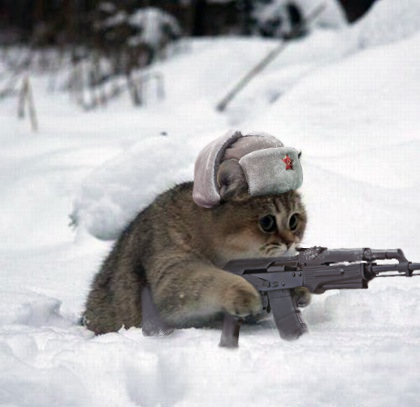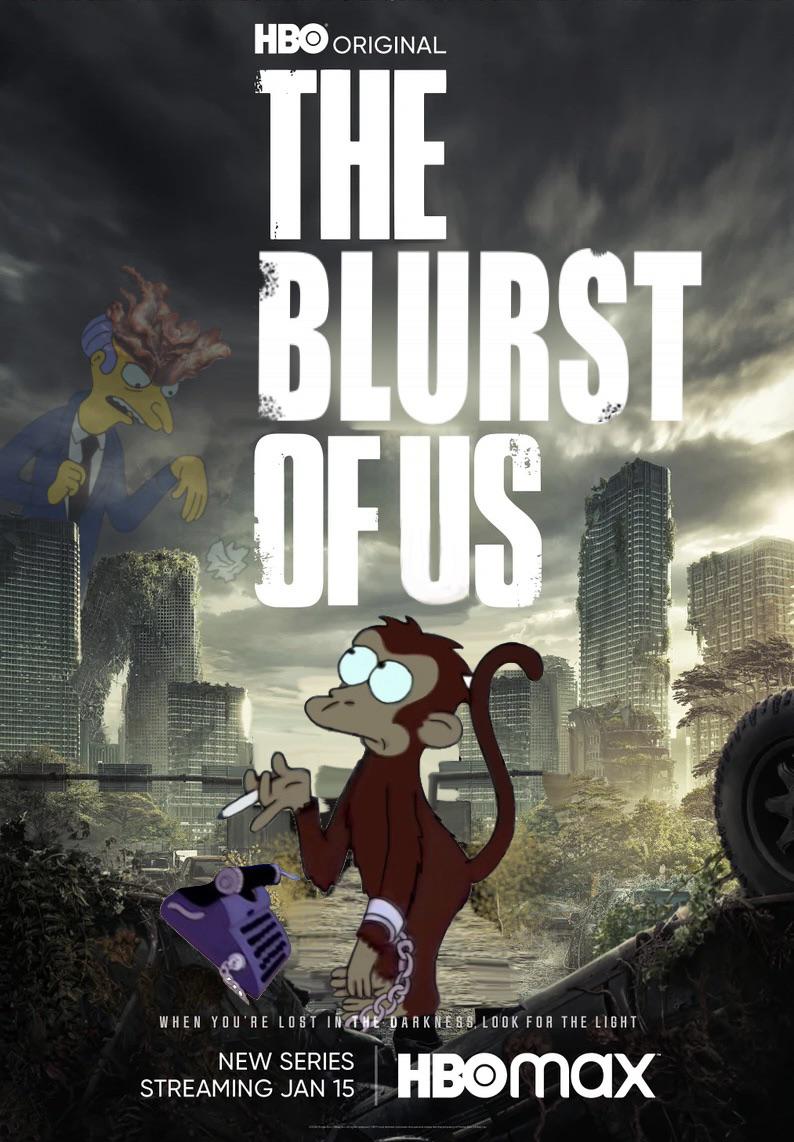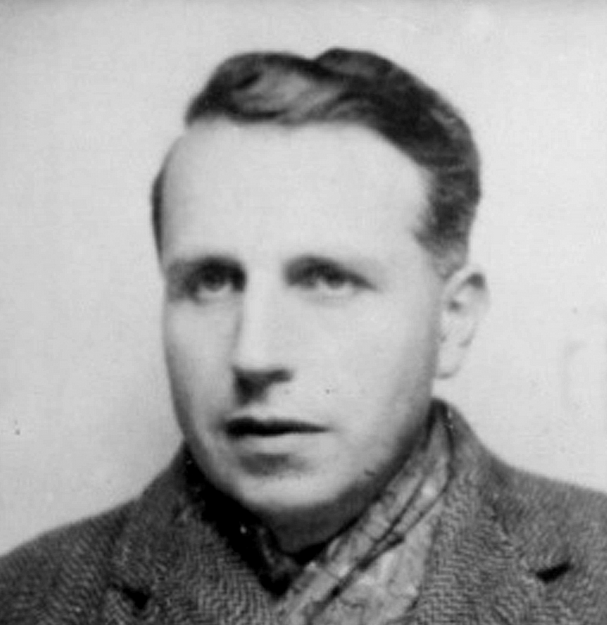Personally, I believe that A CAB. Yes, all cops are bastards, no exceptions. Yet I have met people who think that cops in socialist countries aren’t bastards.
My reasoning is that it is a position of power over your fellow citizens/countrymen/people and only bastards would be attracted to such positions. While a person may go in with “good intentions”, invariably they will be at some point in their career be expected to do something “not good”: cover up for a colleague, arrest someone for law they don’t agree with, beat somebody up, and so on. If they do it and remain a cop, well they are a bastard, no matter how many old ladies they help cross the street or whatever.
Let’s also not pretend that a full communist utopia where every single law/regulation/rule is fair is possible in our lifetimes (or at all likely), there’ll always be people who will want to abuse their power and take control, cops are an easily bought section of society that makes it possible for them. Historically, cops have always sided with the aristocracy/bourgeoisie/land-owners/those with money.
Your thoughts?
Historically, cops have always sided with the aristocracy/bourgeoisie/land-owners/those with money.
Because it’s that state which they serve, obviously.
There’s a fundamental difference between cops in socialist countries and those elsewhere. The police serves the state – with the exception of some individuals, they act in the interest of the bourgeoisie in capitalist countries and the workers in socialist countries. “ACAB” is implicitly limited to capitalist countries; otherwise, it would be akin to anarchists denouncing all states
There’s a fundamental difference between cops in socialist countries and those elsewhere.
And that difference is…?
The police serves the state
The police serve whoever pays them.
they act in the interest of the bourgeoisie in capitalist countries and the workers in socialist countries.
That’s an idealist view, just because you say it doesn’t make it true. Yes, in theory the police should “act in the interest of the workers in socialist countries”, but
then why didn’t they do that in the Soviet Union before its dissolution? Why did the police side with the people who wanted to tear down the Soviet Union?edit: I was wrong here. The Moscow militia actually fought against Yeltsin.
“ACAB” is implicitly limited to capitalist countries; otherwise, it would be akin to anarchists denouncing all states
Not at all. It is recognition of an institution that has no revolutionary potential. It is an institution that has historically been instrumental in counter-revolution.
And that difference is…?
Cops in capitalist societies are there to protect private property and little else. This is not the case in socialist states.
The police serve whoever pays them.
So do the workers. This is not saying anything.
That’s an idealist view, just because you say it doesn’t make it true.
It’s a material undeniable fact.
why didn’t they do that in the Soviet Union before its dissolution?
The Soviet Union was a decrepit state with poorly principled people all over. You were expecting the police to be the vanguard of maintaining socialism there? This is unserious and silly.
Not at all. It is recognition of an institution that has no revolutionary potential. It is an institution that has historically been instrumental in counter-revolution.
In capitalist societies yes.
Are all traffic lights bastards whether they’re in capitalist or socialist societies, since they have power over you? You have some neck to be calling anyone else idealist. You’re reeking off anarchist “thought”.
This is not the case in socialist states.
Is there no private property in currently existing socialist states? Do you think if you go to sleep in someone’s yard in China the police wouldn’t come and take you away?
It’s a material undeniable fact.
How can “they act in the interests of the workers” be a material, undeniable fact? You can’t just throw words and terms around.
In capitalist societies yes.
How can you be counter-revolutionary without a revolution?
Are all traffic lights bastards whether they’re in capitalist or socialist societies, since they have power over you?
Sure. There are more traffic lights
You’re reeking off anarchist “thought”.
You should learn to argue/debate without throwing insults. It makes you look insecure and immature.
Lenin replaced the police with a local “militia”, literally what I am saying now.
I was wrong about the Soviet Union’s militia. The local Moscow militia fought on the side of the parliamentarians against Yeltsin. So it helped a bit that there wasn’t a country-wide “police” to be shipped from other cities to Moscow.
Do you think if you go to sleep in someone’s yard in China the police wouldn’t come and take you away?
I mean id hope they would do that, do you want someone sleeping in your yard you dont know? 90% of people in China own a house, the need for people to sleep homelessly is all but eliminated over there.
How can “they act in the interests of the workers” be a material, undeniable fact? You can’t just throw words and terms around.
Because workers controll the government, who tell the police what to do.





